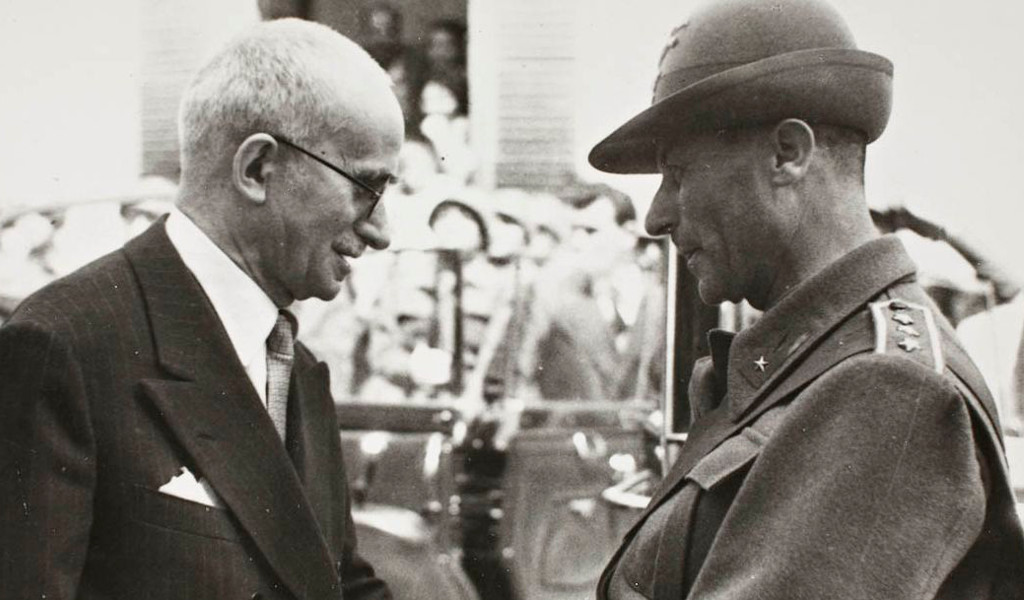
Luigi Einaudi, Italy's second post-war president (1948-1955) left quite a cultural legacy when it came to forging a pro-European stance, oft overlooked by those of us who today, don't take into consideration the rationale behind it taken by our forefathers.
Today, we are living in a decidedly anti-European moment, and the confusing Brexit situation stokes the flames toward a more regressive approach to the economic and social dynamic. Revisiting Einaudi's pages of history may help us comprehend what, exactly, were the issues in the past that needed to be addressed, and what are the true problems facing us today.
Einaudi's concept of federalism was nurtured over a wide expanse of time. In fact, he would remind readers of the prevailing circumstances which led to his first essay aspiring to a pro-European stance. In fact, it started with the 1897 declaration of war by Greece against the Ottoman Empire over Crete. The united fleets of England, France, Russia, Italy, Germany and Austria all intervened to prevail over an end to the Greek occupation of the island.
This event led the British journalist, William T. Stead, to pen what Einaudi would remark as "an imaginary biography of the United States of Europe, which led me, perhaps prior to anyone else in Italy, to declare that the right to have peace or wage war was largely determined by the six major powers."
That same year in 1897, Einaudi would also assert that, «the birth of a European federation would not be any less glorious even if born from fear and reciprocal distrust instead of by a fraternal love and shared humanitarian ideals."
During the years of the Great War, Einaudi would take inspiration from America's first 13 colonies and their idea of joining together as one free people. For him, a United States of Europe was possible, if we did not require pure independence but rather an interdependence.
Read more at Luiss Open [Ital]